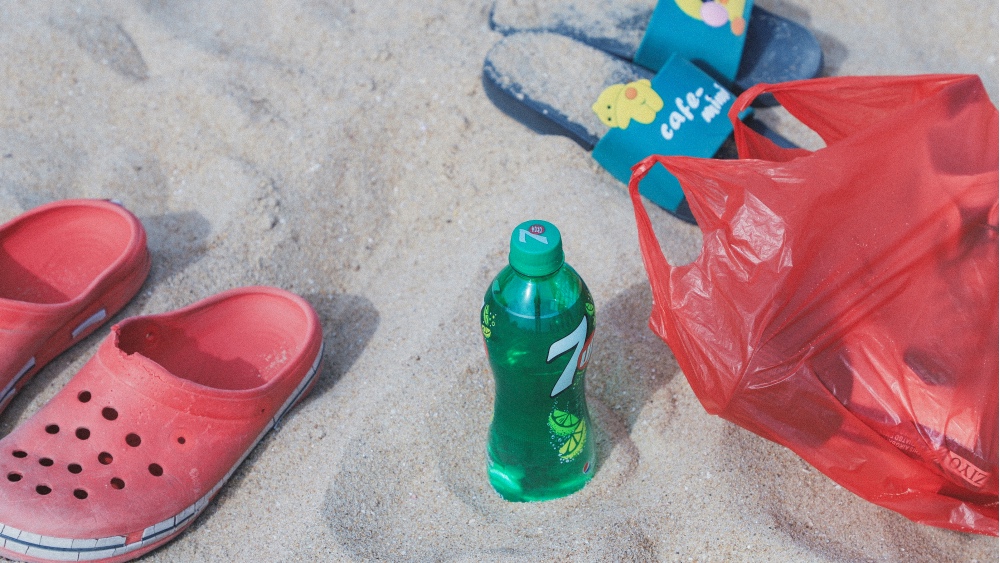Scientists have created a mutant bacterial enzyme that can break down plastic bottles to be recycled in a matter of hours.
Carbios, a green chemistry company based in France, revealed the new enzyme in research published in the journal Nature. In order to make the bacterial enzyme, the company added mutations to an enzyme originally found in composted leaves. This better enabled it to break down PET (polyethylene terephthalate) plastics.
The innovative recycling process—called biorecycling—can reduce plastic bottles to their “original building blocks.” It can then be used to produce new, high-quality PET plastic bottles.
“For the first time in the history of the plastics industry, it is possible to recycle plastic waste to infinity to create new plastic materials and to accomplish this without a sophisticated sorting process,” Carbios announced on its website.
Martin Stephan, Carbios’ deputy chief executive, told The Guardian that the company hopes to transition to industrial-scale recycling within the next five years. “We are the first company to bring this technology on the market,” said Stephan. “Our goal is to be up and running by 2024, 2025, at large industrial scale.”
Carbios partnered with a number of major companies to help make its vision a reality. These include L’Oréal, Nestlé Waters, and PepsiCo.

Biorecycling
Carbios’ new recycling process targets polyesters (PET, PLA, etc.) and polyamides. This is because the bacterial enzymes are able to break them down easier.
“This technology particularly targets the global market of plastic bottles (water, milk, sodas, cosmetics…), packaging and films,” the company said on its website.
There are a billion tons of plastic waste polluting waterways, landfills, and oceans around the globe. Stephan admits reducing plastic use is one way to solve the world’s waste problem. But he says he understands how useful plastic is.
“We all know that plastic brings a lot of value to society, in food, medical care, transportation. The problem is plastic waste,” said Stephan.
The company says the new recycling process is a breakthrough tackling the issue of plastic waste.
“Thanks to the innovative technology developed by Carbios, the PET industry will become truly circular, which is the goal for all players in this industry, especially brand-owners, PET producers and our civilization as a whole,” Dr. Saleh Jabarin, distinguished professor at the University of Toledo and member of Carbios’ Scientific Committee, said in a release.


